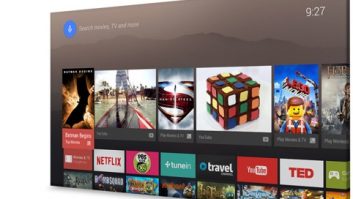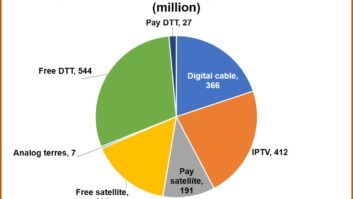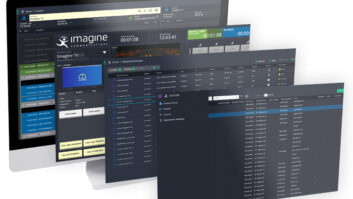
The Digital Production Partnership (DPP) has published the ‘first ever’ survey of the working culture of producers of non-broadcast content.
‘New Content Creators’ – published in partnership with Vizrt – draws on in-depth interviews with over 30 non-broadcast production companies and their suppliers. It presents a culture that’s ‘distinctively different’ from the world of independent television production companies, including far more direct relationships with all parts of the supply and consumption chain.
“There is now more audio-visual content created for non-broadcast than broadcast distribution – much of it very high quality,” said DPP managing director and report author Mark Harrison. “We were keen to find out if this non-broadcast content world had a way of working that was different from broadcast. The answer, resoundingly, is that it does.”
According to the DPP, the recurring theme for these new content creators is directness, in four areas:
– The creative process: teams tend be small, highly dexterous, with a wide range of tools, and tend to make short form outputs at great speed that appear quickly.
– The relationship with their audience: content is published rapidly and easily, and feedback from the audience is immediate
– In their business process: there is a high use of metrics, which enables producers to focus on the algorithms for success
– With their enabling technology providers: internet-native producers are supported by a growing range of internet-native tools and services that have been tailored to meet their needs
“Non-broadcast content creators are an important new market for us. Vizrt has developed tools which can enhance their very specific workflows as well as provide new, easy ways to publish to any channel, including social media,” said Dr Stephan Würmlin Stadler, CCO, Vizrt.
“We are convinced that by engaging with this sector, we can take the lessons learned from the broadcast industry and build agile creative workflows which benefit traditional broadcast producers as well as new content creators on the horizon.”
Harrison added, “It’s important not to romanticise the non-broadcast production environment. They grapple with plenty of problems – like trying to get good connectivity – just like TV producers. However, when you look into this world it is clear why it would have appeal for upcoming creative talent. And that alone should give TV pause for thought.”







